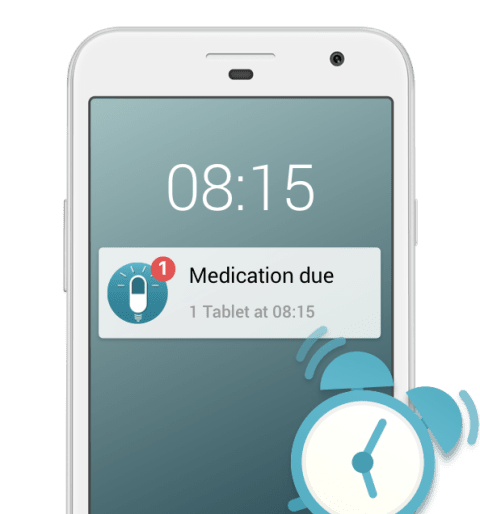Gastroesophageal reflux disease, or GERD, is one of the most common diseases in the world. It’s so common that experts believe 1 in 5 people in the US are affected by GERD, and these numbers aren’t in decline. GERD is 50% more common in adults than it was just 10 years ago.
What does this mean for you? Even if you are not personally affected by GERD, you could be in the future, and you likely already know someone who is. Fortunately, it can be treated. By understanding GERD and the available treatments, especially Nissen fundoplication, you can move forward with either your own or a loved one’s treatment with greater confidence.
GERD (Gastroesophageal Reflux Disease):
Before discussing Nissen's fundoplication, it’s important to know a bit more about GERD. If you are not familiar with it already, GERD is an incredibly widespread digestive disorder. It can have a wide range of causes and occurs between the esophagus and stomach. Oftentimes, patients are not even aware they have it. That is why if you experience frequent heartburn or indigestion, you should speak with your doctor. This is especially true for people at higher risk, such as smokers, pregnant women, and overweight people. Fortunately, most cases are not urgent (unless you experience chest pain or shortness of breath, then you should seek immediate care.)
If left untreated, GERD can lead to negative health consequences. Strictures, ulcers, and Barrett’s esophagus are the most common complications. If your doctor suspects you have GERD, they’ll need to perform a test, such as an endoscopy or X-ray, before proceeding with treatment. Once they have confirmed you have GERD, there are several medical treatments available. Doctors will typically suggest lifestyle changes first. If the situation does not improve, they may then suggest medication, such as Protonix, or surgery.
Typically, medications prescribed will be focused on neutralizing acid or reducing acid production. In turn, this can allow the esophagus to heal. Regardless of the treatment type, when treating GERD, healing the esophagus will be the main focus. Unfortunately, for many patients medication alone is not enough. In such cases, doctors may then suggest options such as Nissen fundoplication.
Nissen Fundoplication:
If you are reading about a Nissen fundoplication, there is a good chance you or someone you love may be considering the procedure. This procedure, as with many surgeries, is considered a last resort and is usually only an option after all other treatments have failed. The procedure is considered to be very effective and is sometimes referred to as the ‘gold standard’ of GERD treatment.
During the procedure, the upper part of the stomach is stitched around the lower esophageal sphincter. This strengthens it and prevents acid reflux, allowing the esophagus to heal. It can also repair a hiatal hernia. The procedure is minimally invasive and is typically safe for patients of all ages, even young children, or infants. Following the procedure, patients will usually need to stay in the hospital for a few days and recover at home for a few weeks before they can work or study as they normally would. Patients who are concerned about Nissen fundoplication should also consider that studies have shown around 90% of patients report a significantly improved quality of life following the procedure.
Outlook and Recovery:
The good news is that for most patients, especially those who seek timely treatment, GERD is no more than a painful disturbance. It typically will not reduce patient lifespan and some patients may end up noticing the overall quality of life improvements if they implement the suggested lifestyle changes to mitigate GERD symptoms. The most frustrating part of the condition for many is the time it may take to find the treatment that works for them.
Patients should take comfort in the fact that by working with their doctor they can treat GERD and reduce the risk of complications. They also may find comfort in the fact that the last resort treatment for GERD is a routine procedure presenting minimal risks with a very high success rate.
Here are some other articles we think you might find interesting:
Symptoms You Shouldn’t Ignore: When to See a Doctor About Your Cough or Stomach Ache



